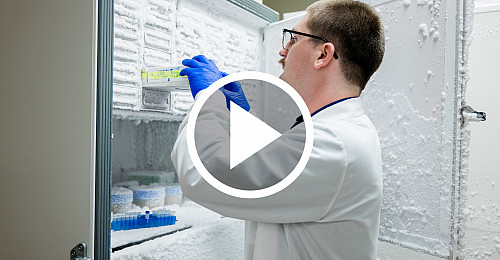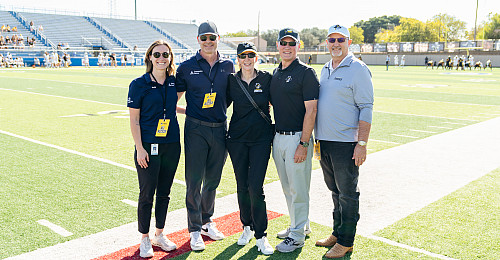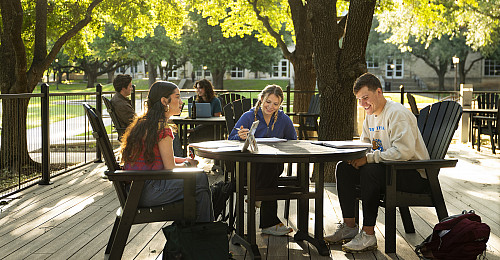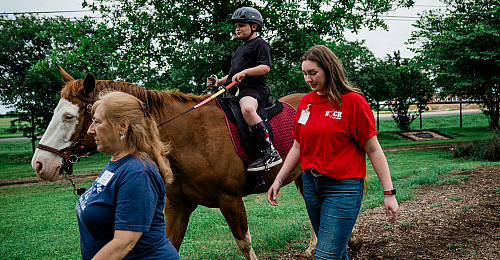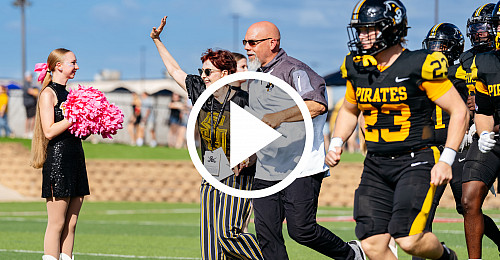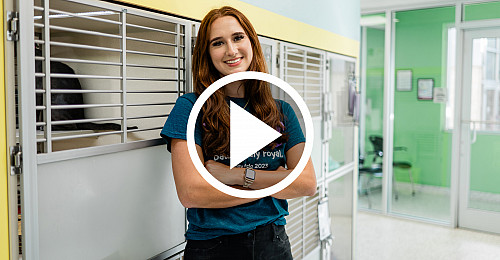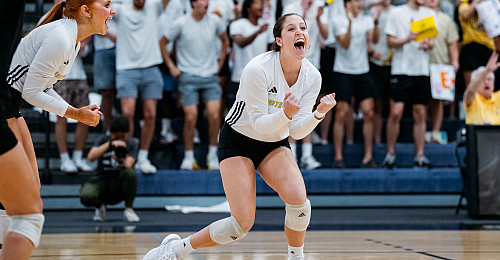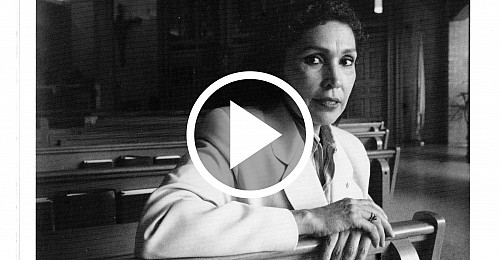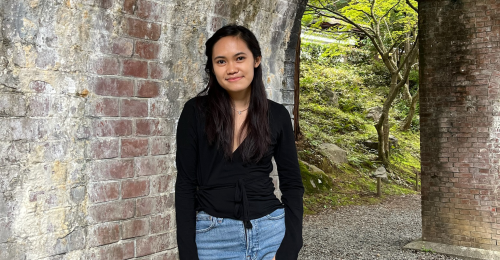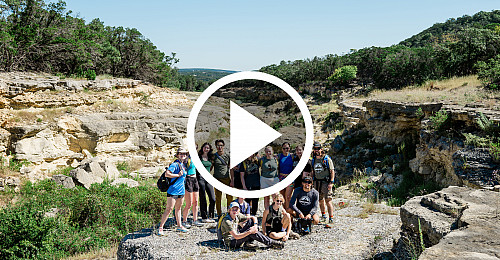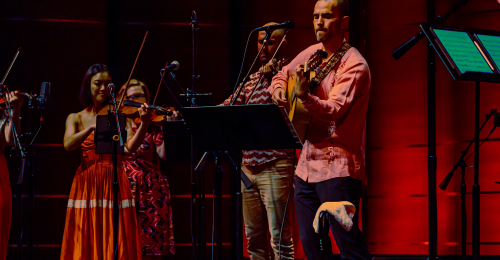News
Alumna Gains Hands-on Experience at the Library of Congress
June 22, 2016
June 22, 2016
Open gallery

After Emily Grover graduated from Southwestern in May, she traveled to Washington, D.C. for a highly coveted summer internship. The history and cultural anthropology major was selected by the Library of Congress for its Junior Fellows Summer Intern Program, which offers scholars a one-of-a-kind opportunity to work closely with the Library’s renowned collections.
The Library of Congress is the world’s largest and most comprehensive repository of human knowledge and oldest federal cultural institution in the U.S.—home to millions of books, recordings, pictures, maps, and manuscripts. It is also a natural destination for Grover, who worked in Special Collections at Southwestern as an undergraduate, wrote two peer reviewed entries for The New Handbook of Texas, and processed the Michael Reed Papers. When she learned about the Junior Fellows program, the opportunity to work with rare and important historical and cultural objects immediately sparked her interest.
“Emily was an outstanding staff member in Special Collections,” says Southwestern’s Director of Special Collections and Archives, Jason Dean. “Thanks to her curiosity, interest, and hard work, she was able to gain experience working here that many new graduates do not have.”
Grover faced top-level competition in the internship application process, which was open to both undergraduate and graduate students. Of nearly 800 applicants in 2016, only 38 were selected.
“Experience does help, it’s not just doing really well intellectually,” says Grover. “It’s also really good to have experience, and I’m familiar with some of the terms and the way things are done to conserve materials.”
In fact, she has been assigned to Rare Books and Special Collections for the duration of her internship. Her specific project is organizing copyright deposits, which entails reviewing submissions for copyright made from 1870 to 1897. Grover says back then people would only submit the title page or a sampling of what they wanted to copyright. She is tasked with going through old copyright records in boxes, rehousing them in archivable folders, and typing up data for the works to eventually be digitized.
“Working at Special Collections at Southwestern was the most direct preparation because of the nature of what I’m doing, basically going from one special collections to a bigger special collections” says Grover.
Grover is also afforded free time to explore all of the wonders inside of the Library of Congress. Some of those items include copies of Shakespeare’s First Folio, a copy of Thomas Paine’s Common Sense, a scrapbook created by the National American Woman Suffrage Association (NAWSA), Abraham Lincoln’s inaugural bible (which President Obama also used in his inaugurations), and a life mask of President Lincoln.
Abraham Lincoln happens to be one of Grover’s favorite presidents, and there is one particular moment that she has enjoyed the most.
“I got to hold the oldest document in existence that belonged to him,” says Grover. “It is quite the story.”
The document is President Lincoln’s grammar book, which is the oldest book he is known to have owned.
“After he finished studying the book, he gave it as a gift to Ann Rutledge, who might have been Lincoln’s first love (their relationship is disputed), but who was at least his close friend,” says Grover.
The book was then passed down through the Rutledge family before being donated to the Library of Congress.
“I find this story so touching because Lincoln was self-educated, and I can imagine him wanting to share that with Ann,” she says.
Along with the opportunity for free time exploration, Grover is also given special assignments from time to time.
“We recently had some state congressmen and state legislators from all over the country, and I helped to present some important works,” says Grover. “There were some really fantastic things, it’s just amazing.”
At the end of her internship, Grover will curate and present a one-day exhibit and present it to the public. She plans to use this postgraduate year to immerse herself in the Library of Congress and explore as many experiences as possible—with future plans to attend graduate school.


